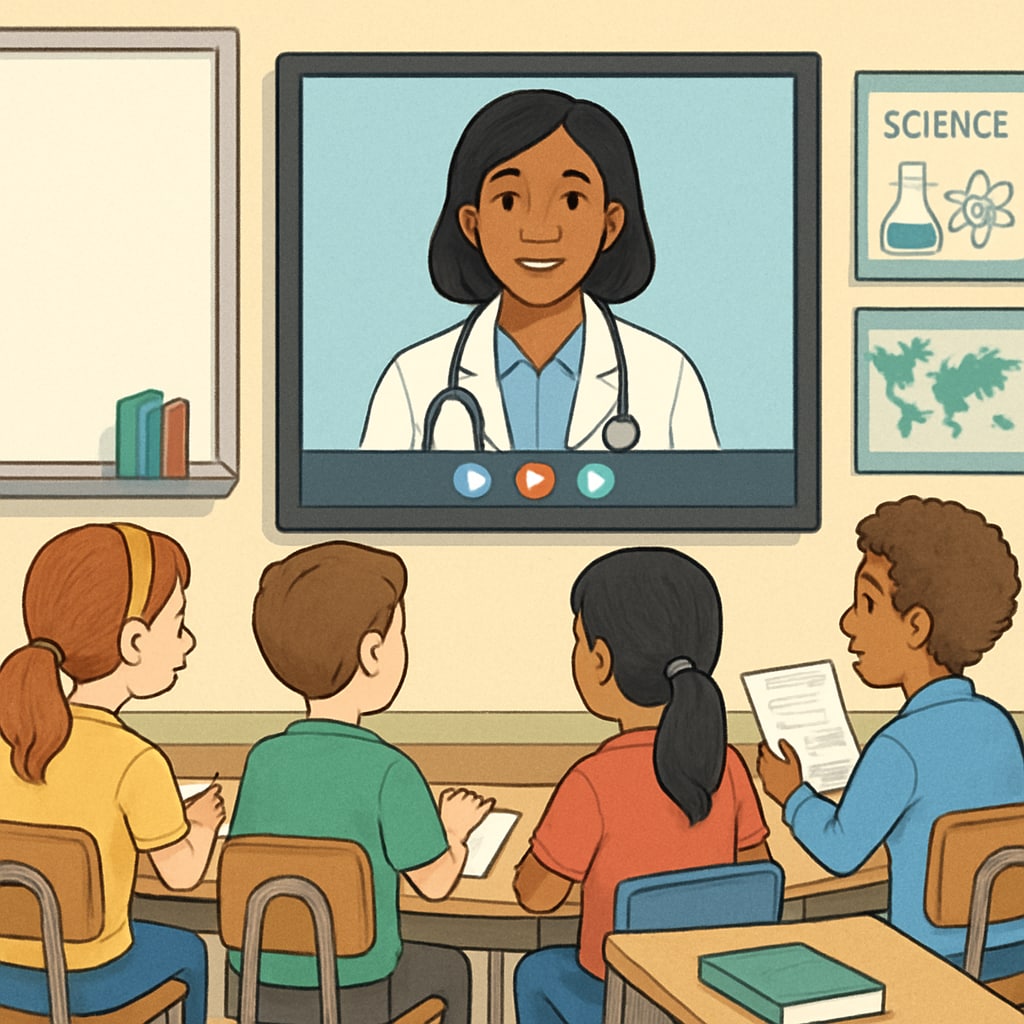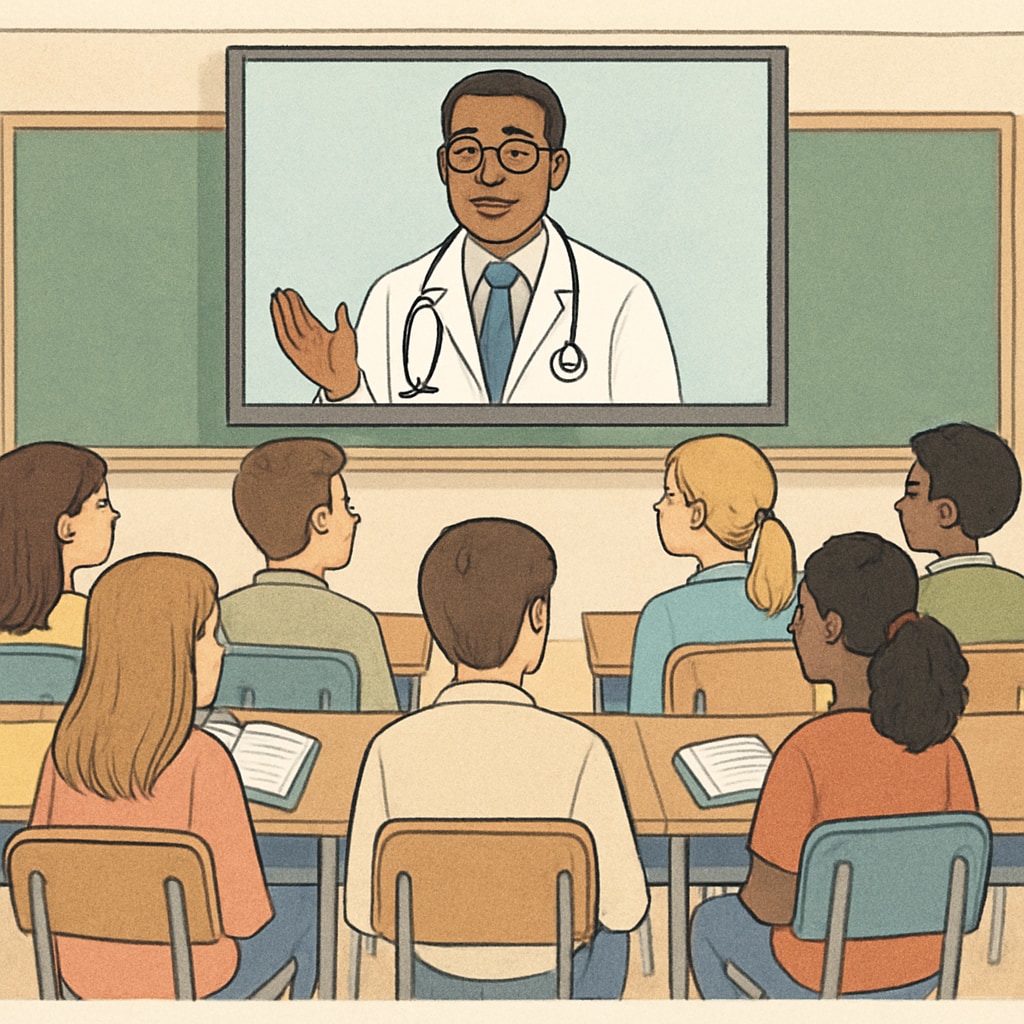Structured doctor interviews, school projects, career planning programs are increasingly being recognized as vital tools for guiding K12 students toward informed career decisions in the medical field. By connecting students with real-world professionals, schools can offer invaluable insights into the realities of medical careers, cultivate critical thinking, and lay a solid foundation for future aspirations.
Why Doctor Interviews Are Crucial for Career Exploration
Career exploration often begins with understanding the day-to-day responsibilities, challenges, and opportunities within a profession. For students interested in medicine, doctor interviews provide a firsthand look into the field. These interviews allow students to:
- Understand the educational trajectory required to become a medical professional.
- Gain insights into the challenges and rewards of working in healthcare.
- Ask specific questions about different specializations, work environments, and patient care.
By engaging with professionals, students can better assess whether their skills and interests align with a career in medicine. As a result, they can make informed decisions early in their academic journey.

Implementing Structured School Projects for Career Planning
Schools can design structured projects that integrate doctor interviews into the curriculum. These projects should include clear objectives, guidelines, and evaluation criteria to ensure students gain meaningful insights. Key steps in project implementation include:
- Identifying Goals: Determine what students should learn from the interviews, such as understanding medical ethics, exploring specialties, or gaining knowledge about work-life balance.
- Finding Participants: Reach out to local hospitals, clinics, or alumni networks to find doctors willing to participate.
- Preparing Students: Teach students how to research the medical field, draft questions, and conduct professional interviews.
- Facilitating Reflection: Encourage students to reflect on what they learned and how it impacts their career aspirations.
These projects not only enhance career awareness but also develop soft skills like communication, critical thinking, and organization.

Building Long-Term Benefits for K12 Students
Doctor interviews, as part of school-based career planning programs, offer lasting advantages for students. In addition to understanding the medical profession, students gain:
- Better Decision-Making Skills: With firsthand knowledge, students can choose appropriate academic paths (e.g., biology courses or pre-med programs).
- Enhanced Motivation: Real-world connections inspire students to pursue their goals with determination.
- Broader Perspectives: Students learn about the diverse roles in healthcare, from surgery to research and public health.
Moreover, these programs foster an early interest in medicine, which can lead to increased enrollment in STEM (Science, Technology, Engineering, and Math) courses.
In conclusion, integrating doctor interviews, school projects, career planning initiatives into K12 education unlocks incredible opportunities for students aspiring to enter the medical field. By offering structured, real-world experiences, schools empower students to make informed decisions that align with their personal interests and strengths. As a result, these programs serve as stepping stones toward successful medical careers.
Readability guidance: The article uses concise paragraphs, lists, and transitions to ensure clarity and engagement. Additionally, it balances technical insights with accessible language to suit a broad audience.


